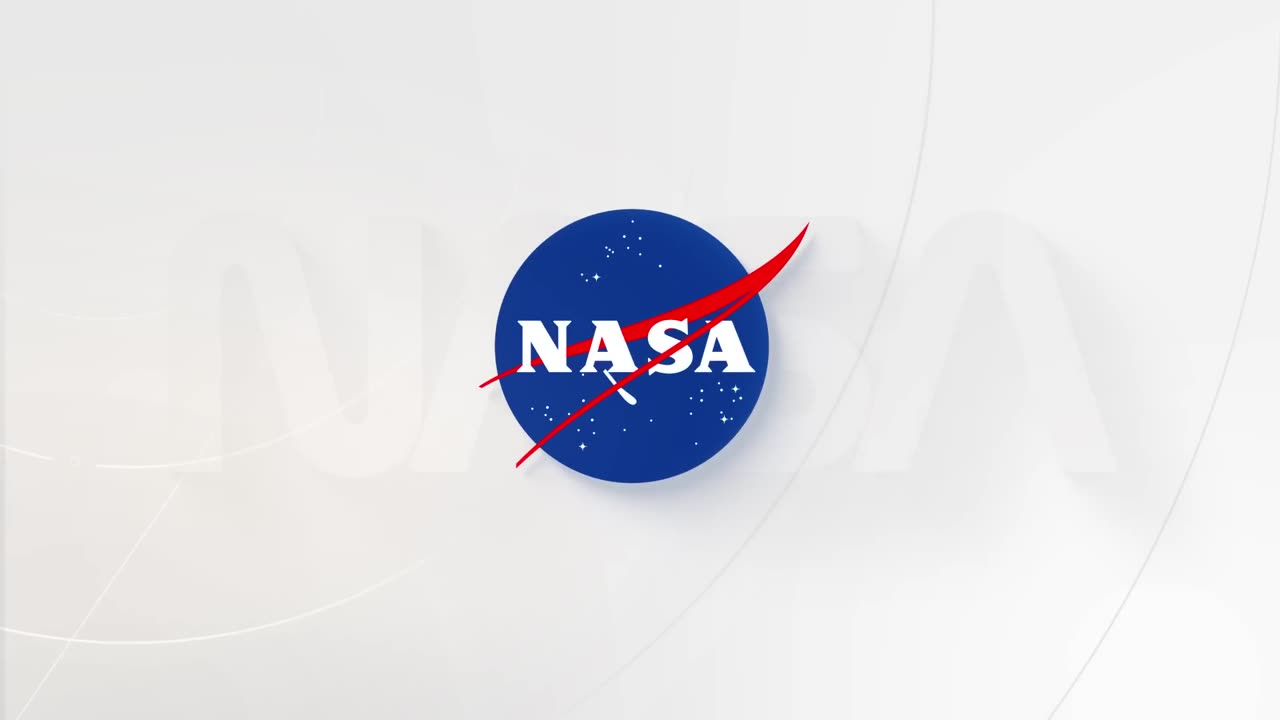Premium Only Content

The Science Of The NASA's spacex Crew-6 Mission
The SpaceX Crew-6 mission, under the guidance of NASA's science program, aims to advance our understanding of space exploration and contribute to scientific research. The crew, consisting of highly trained astronauts, will conduct a series of experiments and investigations onboard the spacecraft.
One key focus of the mission is to study the effects of long-duration space travel on the human body. The crew will participate in various physiological and medical experiments to analyze potential changes to the cardiovascular system, bone density, muscle strength, and immune responses. This research is crucial for future missions to the Moon, Mars, and beyond, as it will help scientists develop countermeasures to mitigate the negative effects of microgravity on astronauts.
In addition to human health, the Crew-6 mission will also prioritize several experiments in the field of biology and biotechnology. These studies will explore the growth and behavior of various organisms in space, including plants and microbes. By examining how different life forms adapt to the unique conditions of space, researchers hope to gain insights into the potential for sustainable food production and resource utilization during long-duration missions.
Furthermore, Crew-6 will contribute to Earth science research by collecting data on our planet from a unique vantage point. Astronauts will capture images and measurements to monitor changes in Earth's atmosphere, weather patterns, and natural phenomena. These observations will aid in climate studies, disaster response planning, and the understanding of global environmental processes.
Overall, the NASA SpaceX Crew-6 mission embodies the continuous quest for scientific knowledge and technological advancements in space exploration. Through a combination of human health studies, biological experiments, and Earth science research, this mission will contribute to our understanding of the universe and pave the way for future space endeavors.
#Nasa
#spacexmission
-
 1:03:27
1:03:27
Glenn Greenwald
5 hours agoUK Pressures Apple to Break Encryption in Major Privacy Clash; How Dems Can Win Back the Working Class: With Former Bernie Sanders Campaign Manager Faiz Shakir | SYSTEM UPDATE #419
30.3K36 -
 47:39
47:39
Michael Franzese
3 hours agoJewelry King Trax NYC EXPOSES How the Powerful Steal from You
32.6K7 -
 LIVE
LIVE
Slightly Offensive
3 hours agoCandace REDPILLS the Masses in BOMBSHELL Theo Von Interview | Guest: Shane Cashman
1,139 watching -
 LIVE
LIVE
megimu32
3 hours agoON THE SUBJECT: IRL Streamers Attacked & Nostalgic Animal Movies That Made Us Cry
341 watching -
 1:00:54
1:00:54
The Tom Renz Show
6 hours agoMore Epstein/FBI, a Scary Trade War, & the Dem Echo Chamber
829 -
 40:43
40:43
Kimberly Guilfoyle
7 hours agoDems Double Down on Delusion-Why? Live with Tony Kinnett & Bo French | Ep.202
61.7K30 -
 1:28:42
1:28:42
Redacted News
5 hours agoBREAKING! SOMETHING BIG IS HAPPENING IN EUROPE ALL OUT WAR IS COMING AGAINST RUSSIA, TRUMP FURIOUS
108K262 -
 47:50
47:50
Candace Show Podcast
6 hours agoBREAKING: Judge Makes Statement Regarding Taylor Swift's Text Messages. | Candace Ep 155
94.3K105 -
 DVR
DVR
Josh Pate's College Football Show
3 hours agoCFB’s Most Hated Teams | FSU & Clemson Future | Big Ten Win Totals | Star Rankings Overrated?
5.76K -
 1:33:47
1:33:47
CatfishedOnline
4 hours agoGoing Live With Robert - Weekly Recap
19.4K